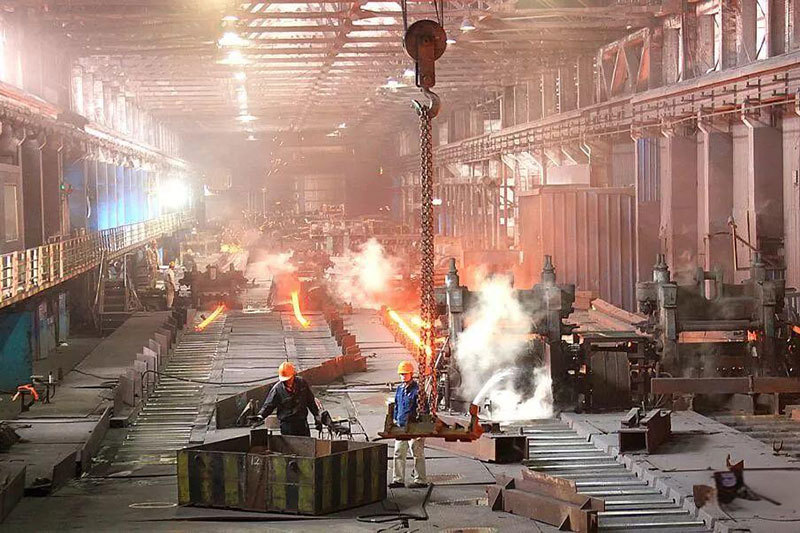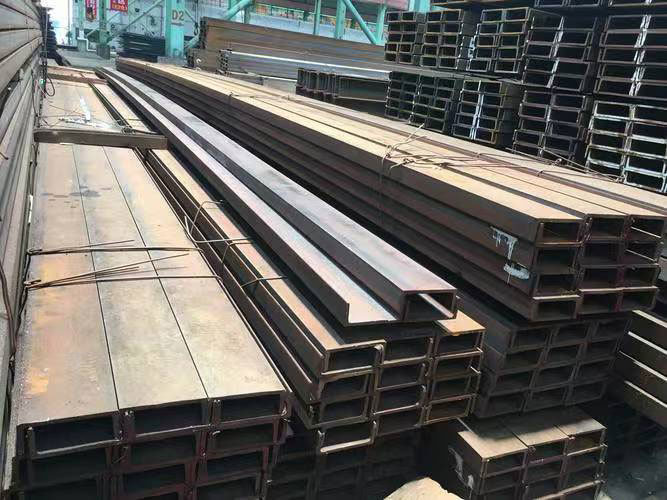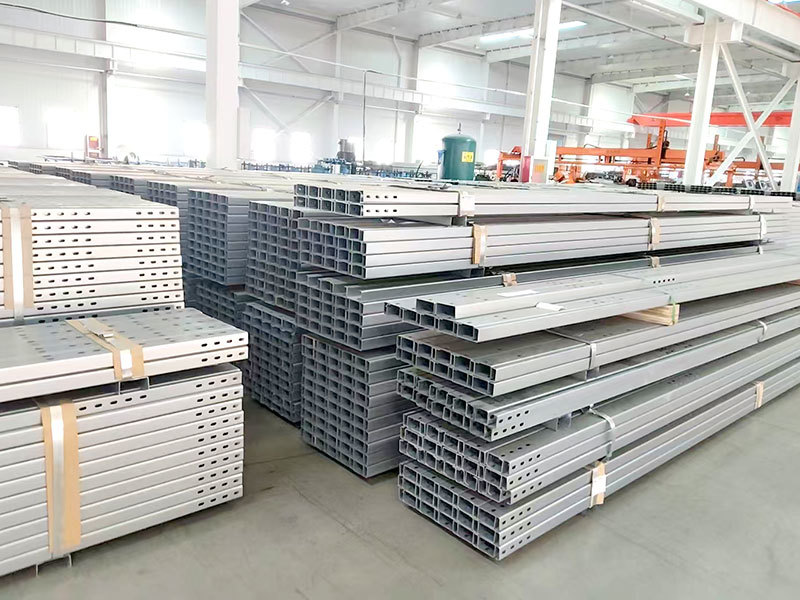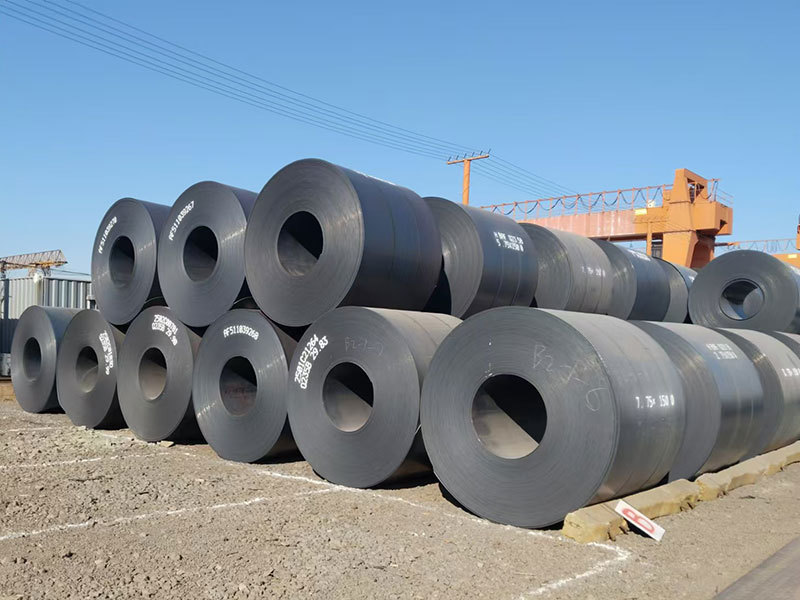Blog
Swedish steel exports may be hit hard as US raises tariffs on steel and aluminum imports
On February 10th local time, US President Donald Trump signed an executive order announcing a 25% tariff on all steel and aluminum imports into the US, with no exceptions or exemptions. This policy is expected to affect all countries, including Sweden. Swedish Foreign Trade Minister Benjamin Dusa said the tariffs could hit Swedish steel exporters hard, although such tariffs also hit U.S. industry and consumers hard, leading to higher prices and inflation. Swedish Finance Minister Elisabet Svantesson also expressed concern that it would hinder economic growth and make things more difficult for Swedish companies. In addition, Trump hinted at reviewing additional tariffs on cars, pharmaceuticals and semiconductor chips when he signed the presidential order. Mathias Ternell, head of trade policy at Jernkontoret, a trade association for the Swedish steel industry, said the European Union must ensure that existing safeguards are extended for as long as possible to prevent an influx of steel into the European market that would otherwise go to the U.S. According to him, 8 percent of the Swedish steel industry's total exports go to the U.S.
2025-02-27
Trade friction churning steel exports under pressure
Wang Guoqing, director of Lange Steel Research Center, analyzed that under the influence of market supply and demand, trade friction and other related factors, China's steel exports in 2025 are under pressure, but will remain relatively high. According to customs statistics, in 2024 China exported 110.716 million tons of steel, an increase of 22.7% year-on-year; imports of steel 6.815 million tons, a year-on-year decline of 10.9%. Among them, in December 2024, China exported 9.727 million tons of steel, up 25.9% year-on-year, up 4.8% from a year earlier; imported 621,000 tons of steel, down 6.6% year-on-year.
2025-02-27












